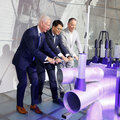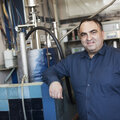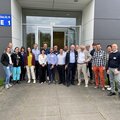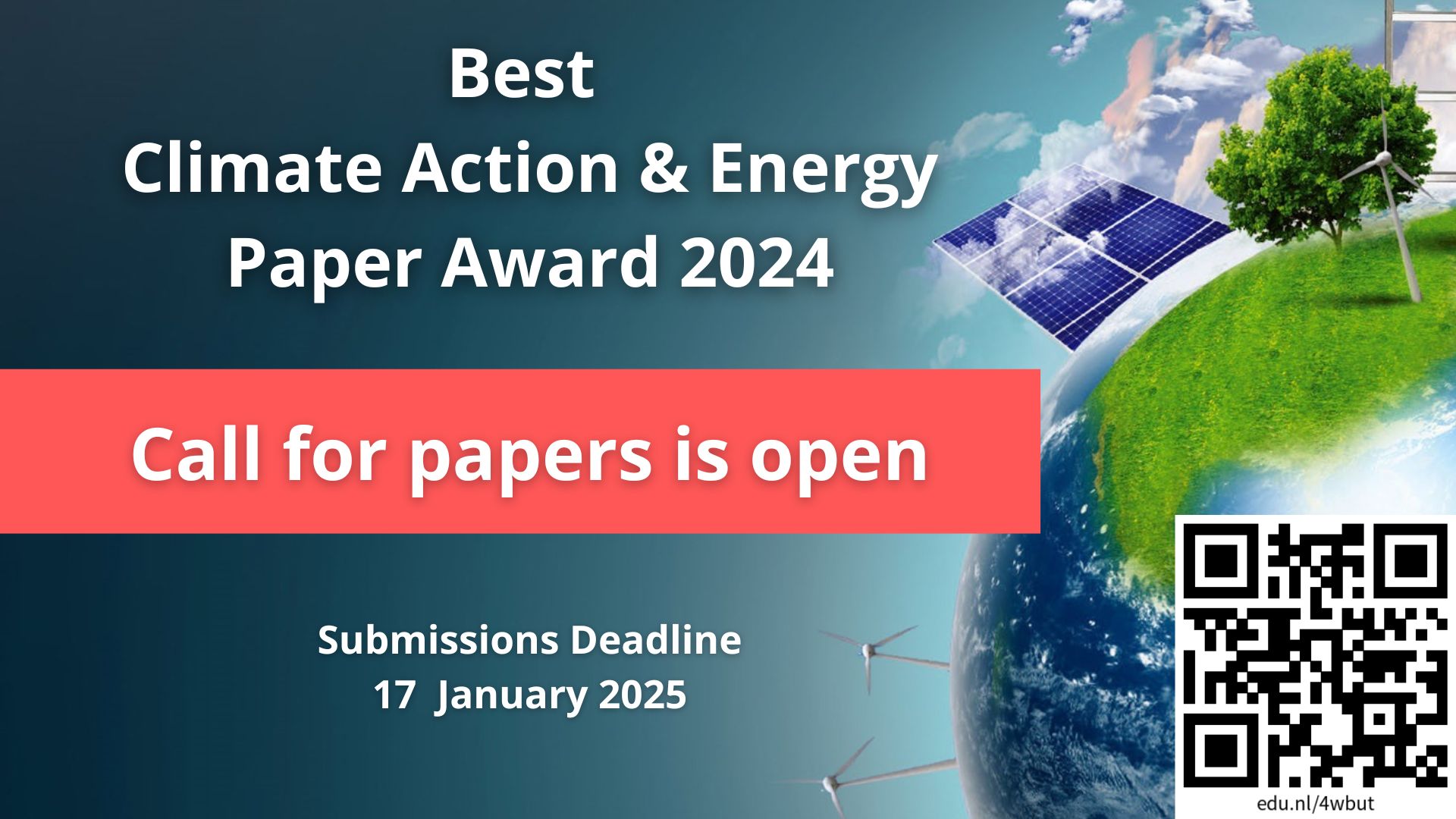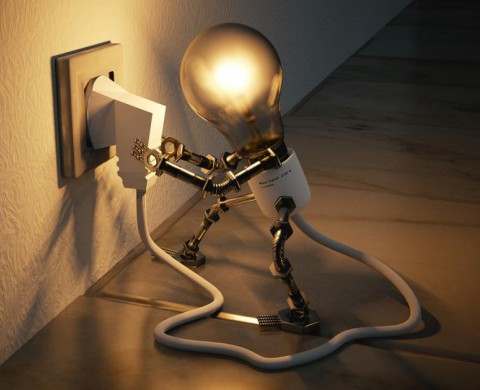News & Events
Click the following webcal to add the feed to your own calendar or copy to subscribe manually.
More about webcal.
November
07
18
Best Climate Action and Energy Paper 2024 - Call for papers
14
Doctoral defence B. Izelaar
14
Citizen Participation in the Energy Transition
15
Port Transition Challenge
21
Doctoral defence X. Lyu
21
Workshop: Generative AI and Programming Education at TU Delft, Opportunities and Challenges
22
Green Waves Hackathon Sustainable IT & Water Event
22
Doctoral defence T.C. Hammer
25


